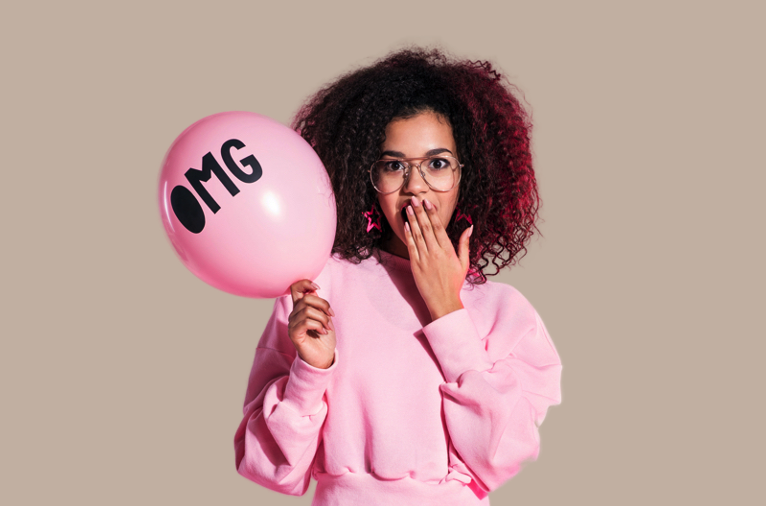Most effective acne treatment for darker skin

Acne affects all skin tones, colors, and types. A global study of nearly 3,000 people found that both comedonal acne (blackheads and whiteheads) and inflammatory acne (pimples) occur across all ethnicities:
- Black: 37%
- Hispanic: 32%
- Asian: 30%
- White: 24%
While acne develops similarly in all skin tones, dark skin comes with unique challenges, especially when it comes to post-acne marks and scarring. Let’s break it down!
What Causes Acne in Dark Skin?
The way acne forms is the same for everyone:
- Clogged Pores: Excess cells lining the sebaceous glands block sebum flow, forming comedones (blackheads or whiteheads).
- Excess Oil Production: Androgens (male hormones) stimulate the sebaceous glands to overproduce oil.
- Bacteria Growth: P. acnes bacteria thrive in the clogged, oil-filled pores.
- Inflammation: This bacterial activity triggers inflammation, leading to painful pimples.
- Post-Acne Marks and Scarring: For darker skin tones, inflammation often results in post-inflammatory hyperpigmentation (PIH) or atrophic scars (depressed scars).
Why Is Acne Different in Dark Skin?
Darker skin is more prone to post-inflammatory hyperpigmentation (PIH)—dark spots that linger after acne heals—and atrophic scars, particularly among Black and Hispanic individuals. For many, these lingering marks are the primary reason for seeking acne treatment.
Products to Avoid for Dark, Acne-Prone Skin
Certain products can worsen acne or irritate dark skin. Here’s what to steer clear of:
-
Skincare Products:
- Toners and astringents
- Harsh exfoliants
- Rubbing alcohol
These can dry out and irritate the skin, especially when combined with acne medications.
-
Cosmetics:
- Oil-based makeup
- Hair products like gels, sprays, and pomades
These can clog pores, leading to more breakouts.
Best Acne Treatments for Dark Skin
The basics of acne treatment are the same for all skin tones, but darker skin requires extra care to avoid irritation and post-acne marks:
- Early and Aggressive Treatment: Start treatment as soon as possible to minimize PIH and scarring.
- Non-Irritating Topicals: Use effective yet gentle products to avoid further pigmentation issues.
- Daily Sunscreen: Always apply an oil-free sunscreen to prevent dark spots from getting darker.
- Oral Therapies for Severe Cases: Consider oral medications like:
- Antibiotics (e.g., doxycycline, minocycline)
- Accutane (isotretinoin)
- Hormonal Modulators (e.g., birth control pills, spironolactone for women).
How to Treat Post-Acne Scars and Hyperpigmentation in Dark Skin
-
Post-Acne Hyperpigmentation (PIH):
- Use a medical-grade skin lightener, such as an Advanced Dark Spot Remover, to fade dark spots over time.
-
Depressed Acne Scars:
- Topical treatments don’t work for depressed scars. Instead, try microneedle radiofrequency devices, which are safer and more effective for darker skin tones than fractional lasers. These devices create microscopic columns of thermal injury in the skin, promoting collagen production with minimal downtime.
-
Hypertrophic Scars & Keloids:
- Discuss with a Dermatologist the possibility of treating with intralesional triamcinolone injections (20–40 mg/mL) every four weeks until the scars are flat.
To find the right acne treatments for your unique skin, take the free skin assessment by clicking here.



